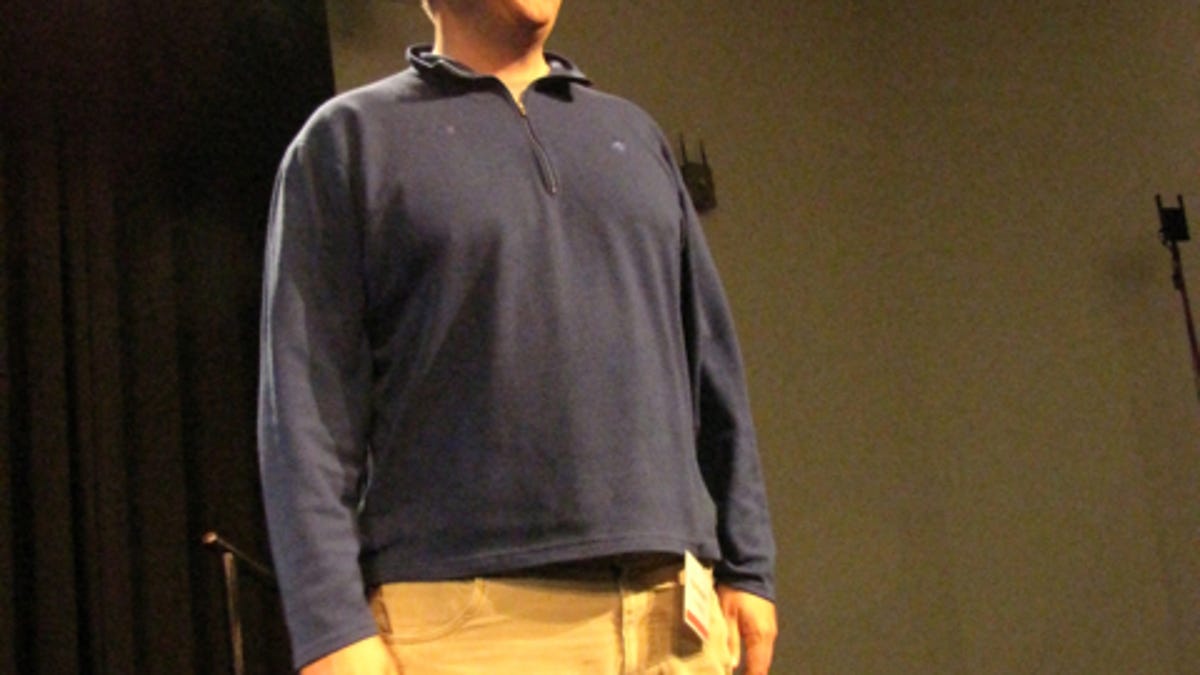Y Combinator's Paul Graham defends foreign accent comments
Outrage aside, Paul Graham sticks to the facts as he sees them: Startup founders with strong foreign accents are less likely to win VC funding.

Y Combinator co-founder Paul Graham rejected criticism of comments he made earlier in the week about the difficulty he sometimes had understanding entrepreneurs with strong foreign accents.
Graham, one of the better-known startup backers in the technology business, had told Inc. Magazine that having a "strong foreign accent" could be detrimental to a startup founder's success if the person has trouble communicating.
One quality that's a really bad indication is a CEO with a strong foreign accent. I'm not sure why. It could be that there are a bunch of subtle things entrepreneurs have to communicate and can't if you have a strong accent. Or, it could be that anyone with half a brain would realize you're going to be more successful if you speak idiomatic English, so they must just be clueless if they haven't gotten rid of their strong accent. I just know it's a strong pattern we've seen.
The quote set off a flurry of critical commentary with people rattling off the names of successful entrepreneurs who have foreign accents, including former Intel CEO Andy Grove, Sun Microsystems co-founder Vinod Khosla, Tesla CEO Elon Musk, and Google co-founder Sergey Brin. GigaOm founder Om Malik wrote that Graham's comments, while based on Graham's factual observations, does not illustrate the bigger picture. He said Silicon Valley needs to value brilliance over judging someone who may be a bit different from the crowd.
"How can you take any investor seriously if instead of focusing on technical prowess and power of the mind, they have a bias against how you look, what gender you belong to, and how you speak. Why have a bias against couples as founders?" Malik wrote.
One tweeter, education writer Audrey Watters, even went as far to call Graham a racist in response to his tweet, "Don't say things people want to misunderstand."
Or, ya know, don't be racist RT @paulg: Don't say things people want to misunderstand.
— Audrey Watters (@audreywatters) August 29, 2013
Graham rejected the criticism as unfounded. "The case I was talking about is when founders have accents so strong that people can't understand what they're saying. I.e., the problem is not the cultural signal accents send, but the practical difficulty of getting a startup off the ground when people can't understand you," Graham wrote in a blog post Friday.
Graham said he does not characterize having an accent as "a problem." He even pointed to a New York Times piece where he made a similar statement about accents.
Communication is important, particularly when you have a limited amount of time to present to investors, he wrote, adding that he made those comments "to help founders."
"A startup founder is always selling," he wrote. "Not just literally to customers, but to current and potential employees, partners, investors, and the press as well. Since the best startup ideas are by their nature perilously close to bad ideas, there is little room for misunderstanding. And yet a lot of the people you encounter as a founder will initially be indifferent, if not skeptical. They don't know yet that you're going to be huge. You're just one person they're meeting that day. They're not going to work to understand you. So you can't make it be work to understand you."

